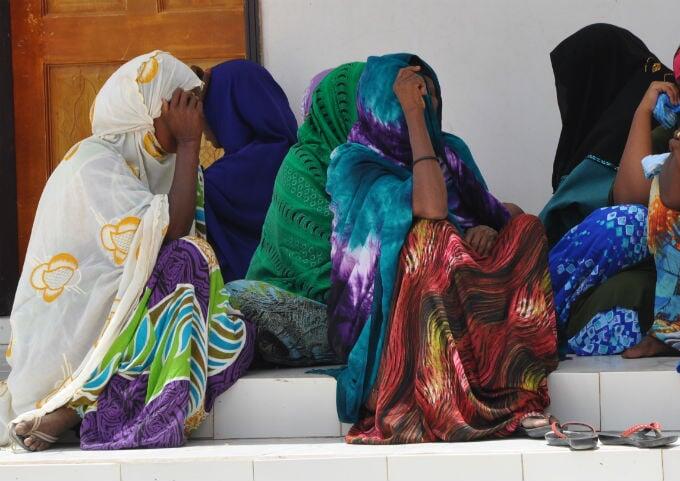The Ministry of Health in Puntland in conjunction with an international medical humanitarian organisation, Physicians Across Continents (PAC), will carry out obstetric fistula repairs during a campaign to take place from August 8 to August 12, 2016 at Garowe General Hospital. The initiative is supported by UNFPA Somalia.
Obstetric fistula is one of the most serious and tragic childbirth injuries. It is a hole between the birth canal and bladder or rectum caused by prolonged, obstructed labour, without access to timely, high-quality medical treatment. It leaves women leaking urine, faeces or both, and often leads to chronic medical problems, depression, social isolation and deepening poverty.
UNFPA Somalia consultant for reproductive and maternal health Jama Warsame said the aim of the campaign is to reach out to as many women and girls suffering obstetric fistula in the region.
We want to ensure that the information about the campaign gets to women living with this horrible and dehumanising condition. Obstetric fistula affects, by far, pregnant women and girls in hard-to-reach rural and pastoral communities where there is no access to any quality healthcare or the means and resources that would enable them to seek skilled healthcare,
said Warsame.
He said the Ministry of Health and UNFPA Somalia are enlisting support from different partners particularly in the process of identifying women and girls living with obstetric fistula.
In 2003, UNFPA and its partners launched the Campaign to End Fistula, and today it is operating in 50 countries. Through the campaign, UNFPA Somalia has facilitated over 500 repairs and globally, UNFPA has directly supported more than 70,000 surgical repairs for women and girls, and partner agencies have supported thousands more.
An estimated 2 million women and girls across the world are living with obstetric fistula. Many women live with the condition for years – or even decades – because they cannot afford to obtain treatment.
And despite the fact that the condition is almost entirely preventable and treatable, between 50,000 and 100,000 women and girls continue to develop the injury during childbirth each year. Its persistence is a sign that health systems are failing to meet women’s needs.
In addition, UNFPA provides medical supplies, training and funds for fistula prevention, treatment and social reintegration programmes. Additionally, UNFPA strengthens maternal health and emergency obstetric services to prevent this injury from occurring in the first place.


